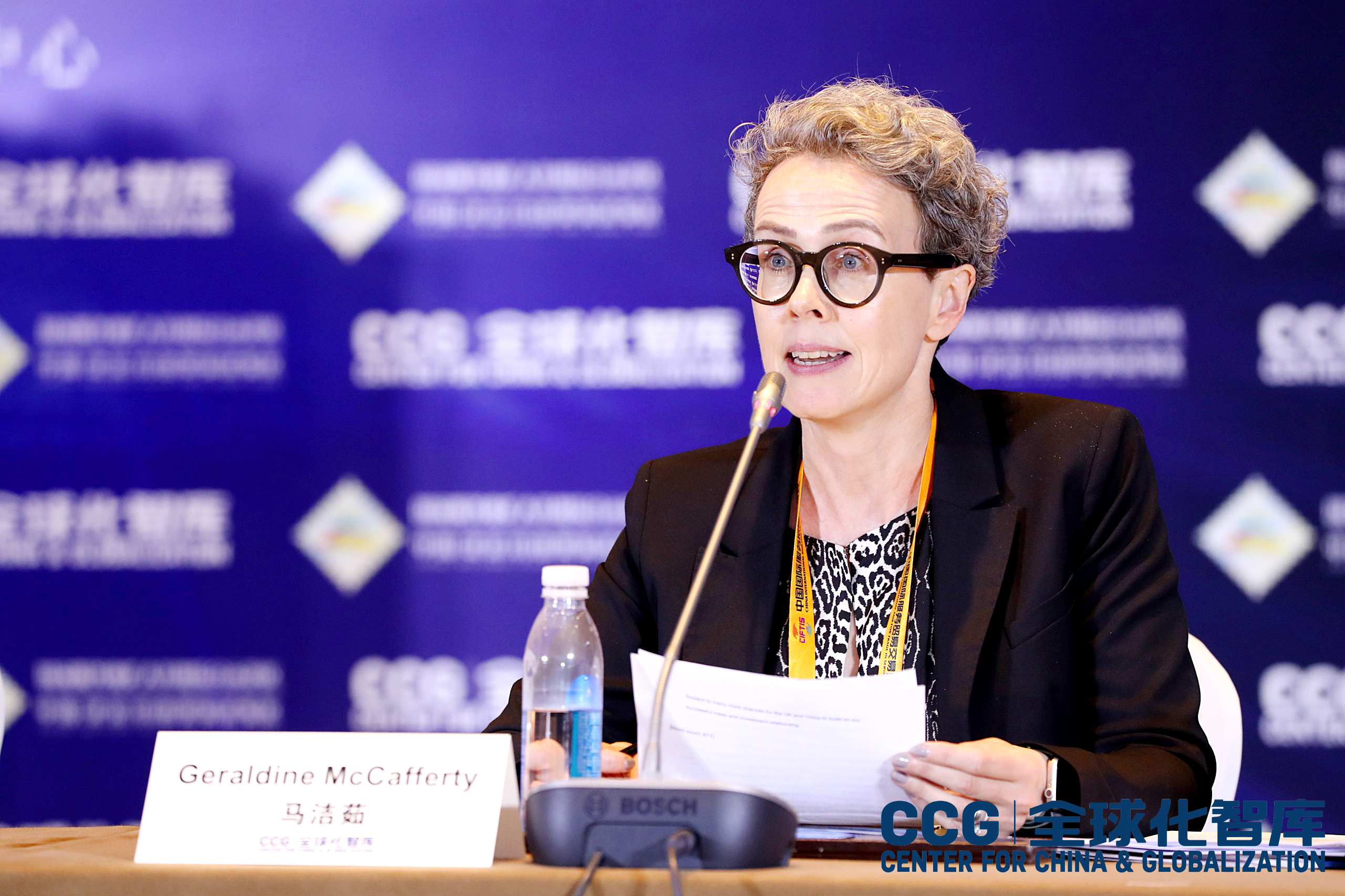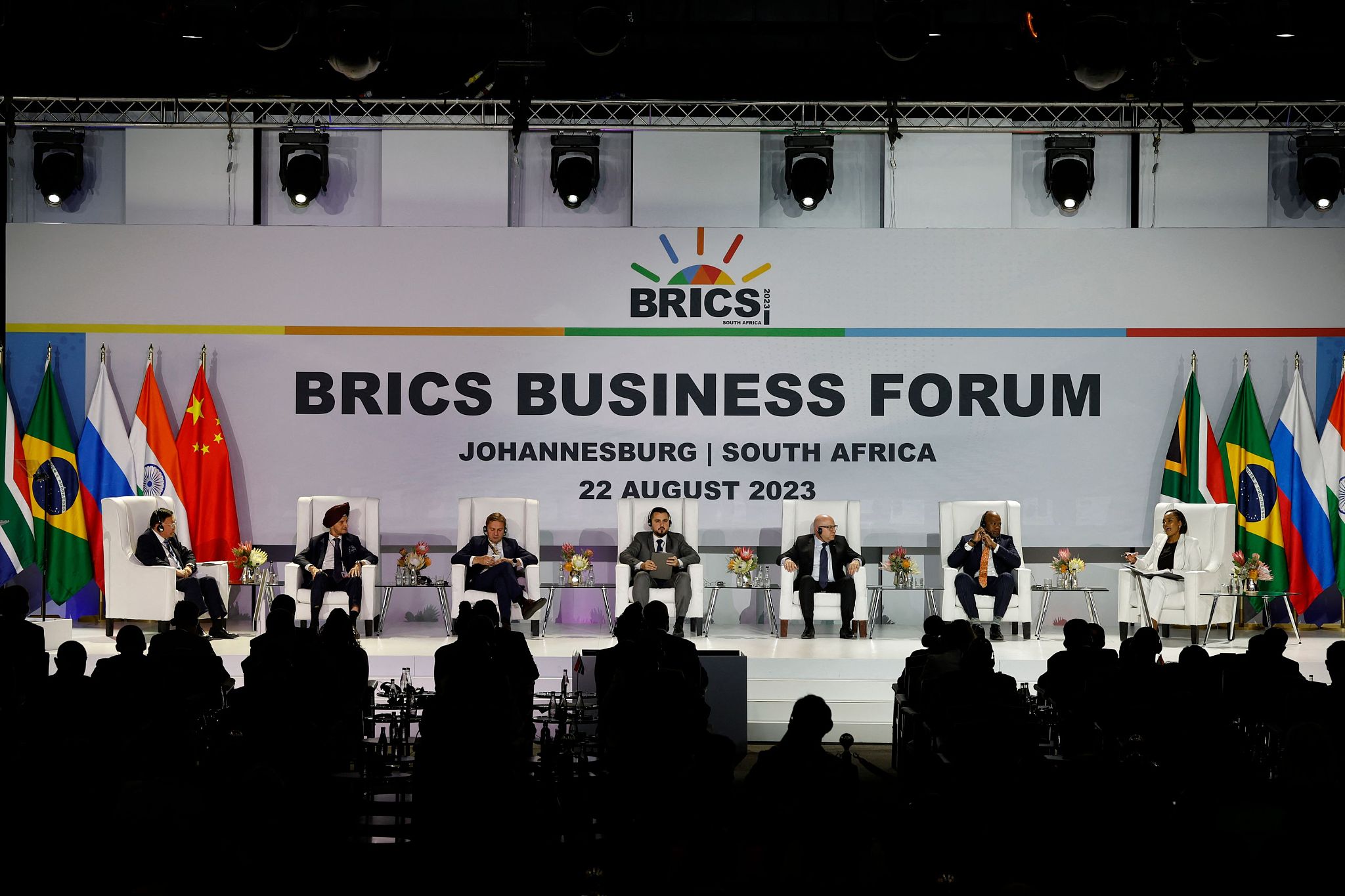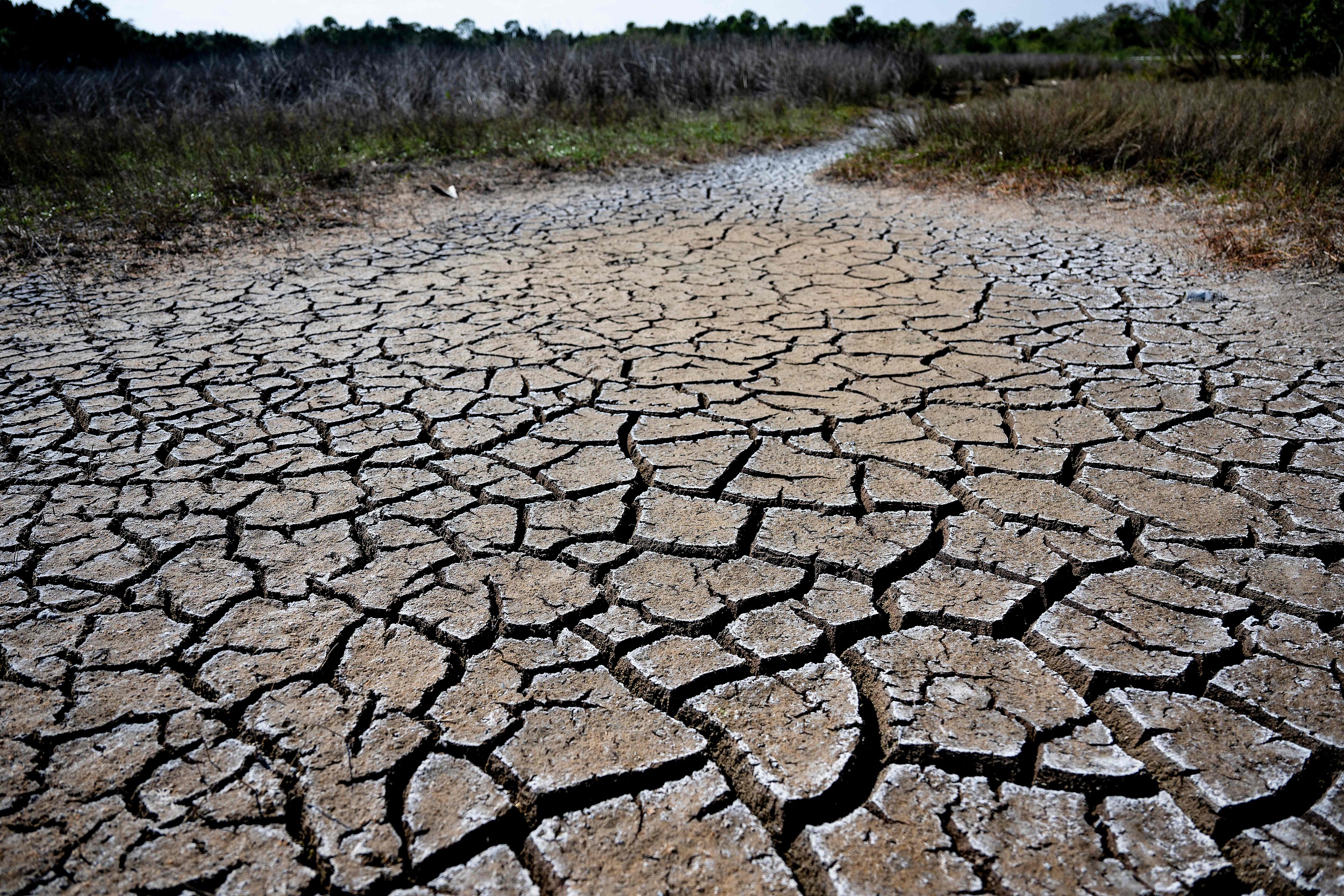
友情鏈接
- 中國政府網(wǎng)
- 國家發(fā)展和改革委員會(huì)
- 教育部
- 科學(xué)技術(shù)部
- 工業(yè)和信息化部
- 公安部
- 民政部
- 司法部
- 自然資源部
- 生態(tài)環(huán)境部
- 住房和城鄉(xiāng)建設(shè)部
- 交通運(yùn)輸部
- 水利部
- 農(nóng)業(yè)農(nóng)村部
- 國家衛(wèi)生健康委員會(huì)
- 國家市場(chǎng)監(jiān)督管理總局
- 國家廣播電視總局
- 國家體育總局
- 國家互聯(lián)網(wǎng)信息辦公室
- 國務(wù)院新聞辦公室
- 中國科學(xué)院
- 中國社會(huì)科學(xué)院
- 中國工程院
- 國家文物局
- 國家知識(shí)產(chǎn)權(quán)局
- 人民網(wǎng)
- 新華網(wǎng)
- 中國網(wǎng)
- 國際在線
- 中國日?qǐng)?bào)網(wǎng)
- 央視網(wǎng)
- 中國青年網(wǎng)
- 中國經(jīng)濟(jì)網(wǎng)
- 中國臺(tái)灣網(wǎng)
- 中國西藏網(wǎng)
- 央廣網(wǎng)
- 光明網(wǎng)
- 中國軍網(wǎng)
- 中國新聞網(wǎng)
- 人民政協(xié)網(wǎng)
- 法治網(wǎng)
- 科技日?qǐng)?bào)社概況
- 科技日?qǐng)?bào)概況
- 報(bào)社領(lǐng)導(dǎo)
- 關(guān)于中國科技網(wǎng)
- 聯(lián)系我們
- 公示公告
- 科技日?qǐng)?bào)社公開招聘公告
- 互聯(lián)網(wǎng)新聞信息服務(wù)許可證
- 信息網(wǎng)絡(luò)傳播視聽節(jié)目許可證
- 舉報(bào)平臺(tái)
- 版權(quán)聲明
- Copyright ? Science and Technology Daily, All Rights Reserved
- 科技日?qǐng)?bào)社 中國科技網(wǎng) 版權(quán)所有
- 京ICP備06005116號(hào)
- 違法和不良信息舉報(bào)電話:010-58884152
- 京公網(wǎng)安備 110402500060

















